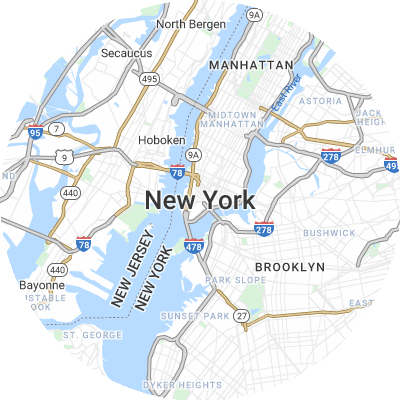Give us a call now for an immediate match with a local pro.
Click to Call(833) 824-3371(833) 824-3371
Last Updated: February 25, 2025
If you're like the average American, more than half of your energy bill (55%, according to the Department of Energy) goes toward heating and cooling. With so much money invested in heating and cooling your New York City home, you want to make sure you're getting the best return on your investment.
Browse our guide to the top HVAC companies in New York City to find the right one for you and your home. Our topic contractors can help you reduce your bills while still staying comfortable.

Our Rating
User Rating
Clear pricing policy
Reliable customer support
Free quotes
Informative resources
Services Offered

Our Rating
User Rating
Clear pricing policy
Prompt service delivery
Free quotes
Informative resources
Reliable customer support
Services Offered

Our Rating
User Rating
Services Offered

Our Rating
User Rating
Clear pricing policy
Informative resources
Free quotes
Reliable customer support
Prompt service delivery
Services Offered
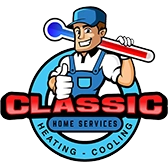
Our Rating
User Rating
Clear pricing policy
Reliable customer support
Informative resources
Free quotes
Services Offered
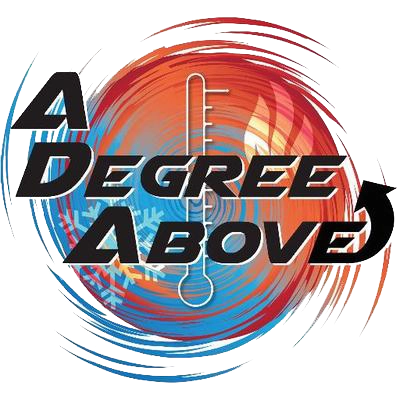
Our Rating
User Rating
Prompt service delivery
Informative resources
Clear pricing policy
Free quotes
Reliable customer support
Services Offered
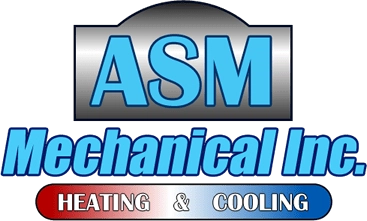
Our Rating
User Rating
Informative resources
Reliable customer support
Free quotes
Services Offered

Our Rating
User Rating
Reliable customer support
Clear pricing policy
Prompt service delivery
Free quotes
Informative resources
Services Offered
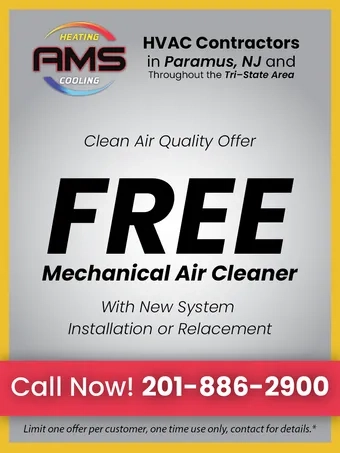
Our Rating
User Rating
Reliable customer support
Informative resources
Free quotes
Clear pricing policy
Services Offered
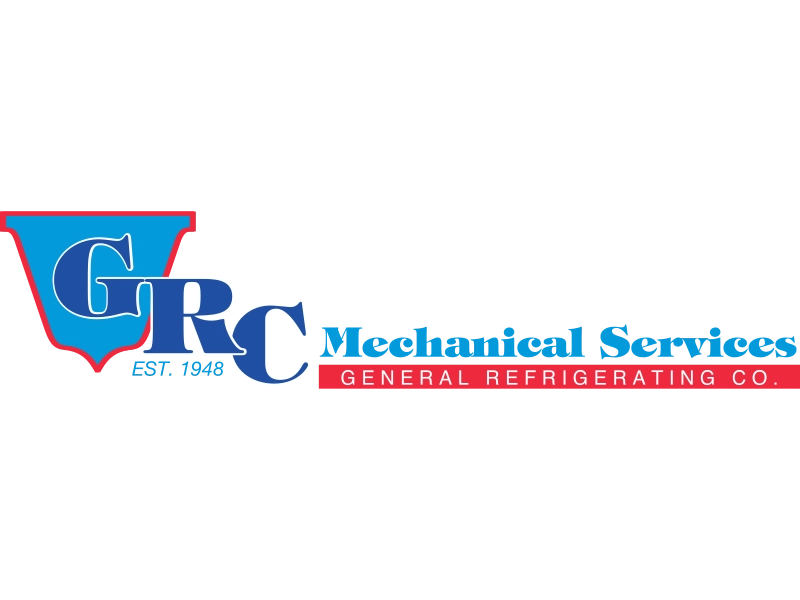
Our Rating
User Rating
Free quotes
Prompt service delivery
Clear pricing policy
Reliable customer support
Services Offered
Today's Homeowner looks at dozens of datapoints on hvac companies to come up with our data-driven rankings. It's not possible for a company to pay for preferential treatment in our rankings. We look at the following key factors in determining who should top our list:
If your HVAC system is broken or getting near the end of its lifespan, it likely needs servicing or replacement from an HVAC company. Look for these indicators your system needs service:
If you notice any of the above, have a local HVAC technician inspect your system. They can identify problems and determine whether repair or full HVAC replacement is needed.
The price of HVAC installation or maintenance will differ depending on the type of unit you have. Common varieties of HVAC units include the following:
HVAC maintenance prices vary based on the specific services required. HVAC systems can be complicated and potentially require several different services. Fees for typical jobs are as follows:
| HVAC Unit Type | Cost | |
|---|---|---|
| Split | $2,003-$5,106 | |
| Hybrid Split | $4,058-$7,477 | |
| Heat Pump | $3,142-$32,020 | |
| Packaged Heating and Air | $263-$438 |
Fixing your HVAC by repairing or replacing parts when needed is important, but can be expensive. Thankfully, there are actions you can take to reduce gradual wear and tear on your system.
| Service | Cost | |
|---|---|---|
| Filter Replacement | $66-$175 | |
| Condensor Cleaning | $1,315-$3,944 | |
| Thermostat Repair | $88-$219 | |
| Ductwork Cleaning | $421-$1,052 |
Knowing the right things to look for in an HVAC company is key for a smooth repair or installation. Established providers with certified technicians can offer assurance your HVAC system will deliver consistent heating and cooling year-round.
Contact at least three HVAC providers for quotes. Describe the issues and have specialists visit to inspect your system if possible. Compare the providers' explanations, solutions, estimated costs, timeframes, and warranties. Avoid contractors that pressure you or demand payment upfront.
Look for an HVAC company that employs qualified technicians with the necessary licensure and training. In all states, HVAC contractors need to obtain a Section 608 Technician Certification from the Environmental Protection Agency (EPA). This certification is required for all technicians who "maintain, service, repair or dispose of equipment that could release refrigerants into the atmosphere." An individual must pass an exam (the type of exam depends on what kind of equipment they intend to work with) to be certified by the EPA. All other licensing requirements are handled by the state.
The state of New York doesn't have state-level HVAC licensing. However, there may be local requirements, so be sure to check with your city or municipal government. For example, in some cases, a technician may need an Oil Burning Equipment Installer or High Pressure Boiler Operating Engineer license from the NYC Department of Buildings, or a Certificate of Qualification for Refrigerating System Operating Engineer from the Fire Department of New York. Reviewing feedback on the Better Business Bureau (BBB), Yelp, Google Reviews, and similar sites can aid your decision. Choose a provider with great reviews and reports of positive experiences from customers.
It’s important to understand what the work process will look like. For HVAC repairs, the company should explain the particular parts that need replacement and why. Confirm that your technician will clean and test your system afterward to ensure proper functioning. When replacing your HVAC, ask your contractor to provide details on the new features, brand, estimated installation time, energy efficiency, and model. Before signing a contract, make sure you understand the process your provider will use to select the correctly sized system for your home and what the cost will be.
Good HVAC companies offer warranties on service and equipment installations. The more complete the coverage, the better. Review warranty details between companies and pick the one that offers the best protection for the fairest price.
Always get HVAC estimates in writing before work begins. A comprehensive quote will cover costs for both materials and labor. Confirm that you agree to all terms before signing the contract.
Generally, you should have your HVAC system inspected twice a year. After an inspection, your HVAC technician will tell you what, if any, services are required. You should also have an inspection if you notice any new issues, like unusual smells, leaks, or strange noises. If you have ductwork in your home, it should be serviced every few years.
The best times to have your HVAC system inspected are the spring and fall. Technicians are less busy during these times, so it will be easier to get an appointment. This also helps get your system ready for the summer and winter, which is when it normally sees the most use.
You can save energy throughout the year by reducing the amount of power your HVAC system uses to maintain your home's temperature. During all seasons, keep your thermostat as close to the outside temperature as is comfortable, and avoid making drastic changes — adjust it only a few degrees at once. You may also consider a smart thermostat.
It takes roughly one to three days to have an HVAC system installed or replaced. If you only need a furnace or a single air conditioning unit, this may take anywhere from a few hours up to two days. This timeline will be affected by the size of your house, the accessibility of your system, and any new issues your technician runs into.
For a 2,000-square-foot home, look for a furnace that's between 50,000 and 80,000 BTUs (British thermal units).
For a 2,000-square-foot home, you'll also want an air conditioning unit with around 2.5 to 5 tons of capacity. Generally, if your home is larger than 1,000 square feet, central air will be more effective than window air conditioning units.
Your HVAC company might provide financing options via a third-party lender, or you may be able to obtain your own loan. It's smart to discuss payment options with your HVAC company and a financial advisor to make sure that you're choosing the best option for you.
There are several ways you can make your HVAC system more energy-efficient:
